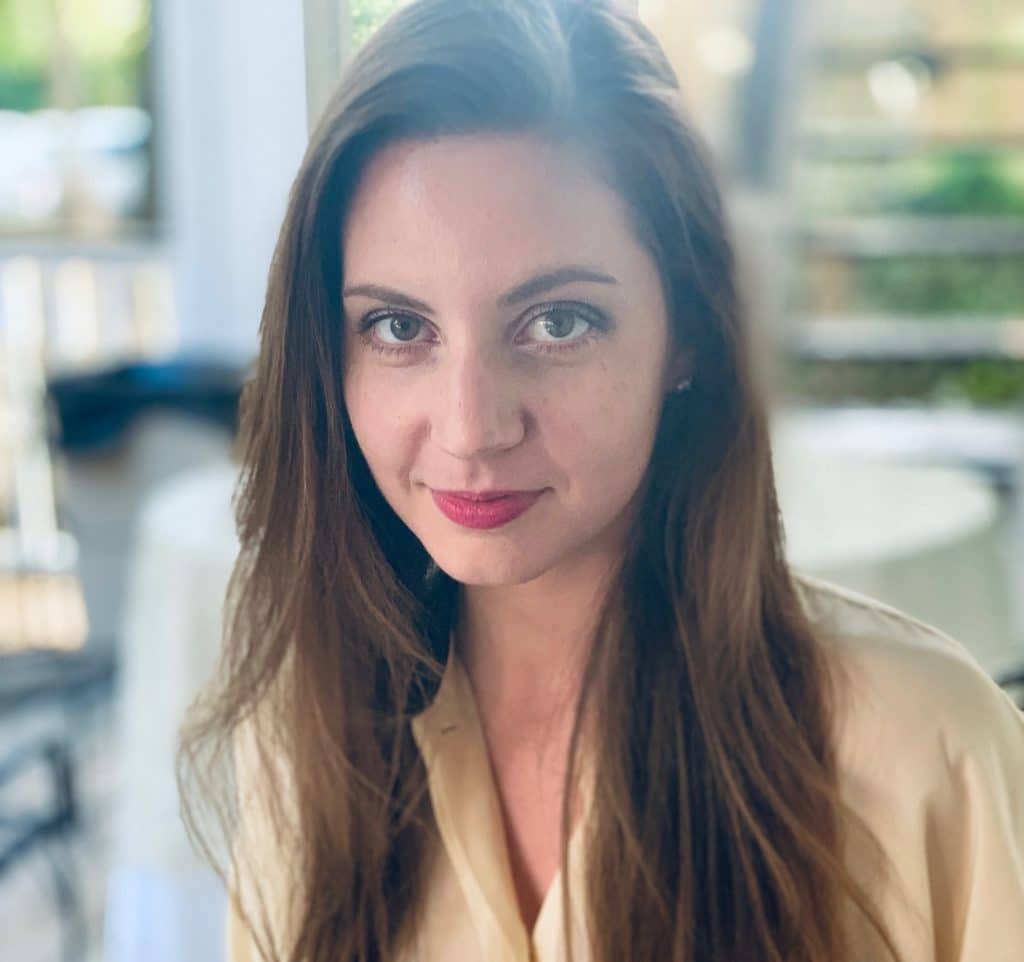
by Olivia Davis
Autumn is the season for graduate school and fellowship applications! As deadlines approach, it can be overwhelming to juggle responsibilities from school, work, family, and your applications. The tips that follow will help you stay calm, concentrated, and help you create the best possible applications with as little stress as possible.
1. Work on your applications every day
Set aside time each day to work on your applications. An application worked on for an hour each day for a week will be stronger than an application worked on for seven hours in a single day. The more time you have to let the application “sit” with you, the more you will be able to avoid burnout and have new ideas come to you. Ironically, having some time away from your applications in the process of working on them can actually make them stronger, simply because you’ll be able to come to them with a fresh mind again and again, instead of pushing yourself to get them done in a few intense sessions. This doesn’t mean that there won’t come a time when you have to spend several hours a day on your applications–but ideally, if you space out your time enough now, you can minimize the number of days you’ll have to focus only on your applications.
2. Determine exactly what you need to do each day
When you sit down each day to work on your applications, it can be overwhelming knowing where to start. From transcripts to recommendation letters, writing samples, and personal statements, applications have a lot of components–and it can be easy to get lost in the requirements without making much progress. When you aren’t sure what you should be working on at the moment, you can end up spending valuable time being overwhelmed thinking about the next step instead of actually making progress. Here is a suggested application timeline for graduate school applications that will take you through different steps.
To avoid spending time deciding what to do each time you sit down to work on your applications, make a list of what you need to get done. Be sure to prioritize items that require other people to help you–including getting recommendations set up as well as anything that you would like someone to proofread. When you finish working on your applications for the day, use this list to figure out what you should focus on the next day. This means that when you sit down to resume, you won’t have to spend valuable time figuring out what to do and can instead make progress quickly.
3. If you hit a roadblock, ask for help
When you are working heavily on applications, you might hit a roadblock. In moments like those, remember that professors and mentors understand that your applications are rough drafts until you hit “submit.” They are often more than willing to critique a component of your application or even talk through some of your questions if you feel like you are stuck. Be willing to be vulnerable and ask for help in those moments.
However, make sure to keep your questions as specific as possible. Questions like, “What would make a good opening to my personal statement?” will get vague answers, while if you offer three different versions of potential openings, a mentor or professor might help you pick out the best one.
In addition, if you keep hitting roadblocks in the application process, be willing to ask yourself (and your advisors!) hard questions. For example, if finding a research topic that fits within a specific program and your research interests is challenging, maybe that’s a sign that you should shop around to see if there are any programs that might be a closer fit. Take any roadblocks seriously, get specific with your questions, and take them to trusted mentors and professors as early as possible. They might provide you insights that would have taken you much longer to get to independently.
Applying to graduate school and seeking funding opportunities? Get our FREE Directory of Fully Funded Graduate Programs and Full Funding Awards here!

Olivia Davis has a BA in English from the University of Mississippi and was a 2017-2018 Fulbright ETA in Athens, Greece. She writes at Looking Upward and works full-time at a Christian ministry in Atlanta. When she’s not writing, she is probably playing the piano, drawing, or eating Greek food.
© Profellow, LLC 2021, all rights reserved.